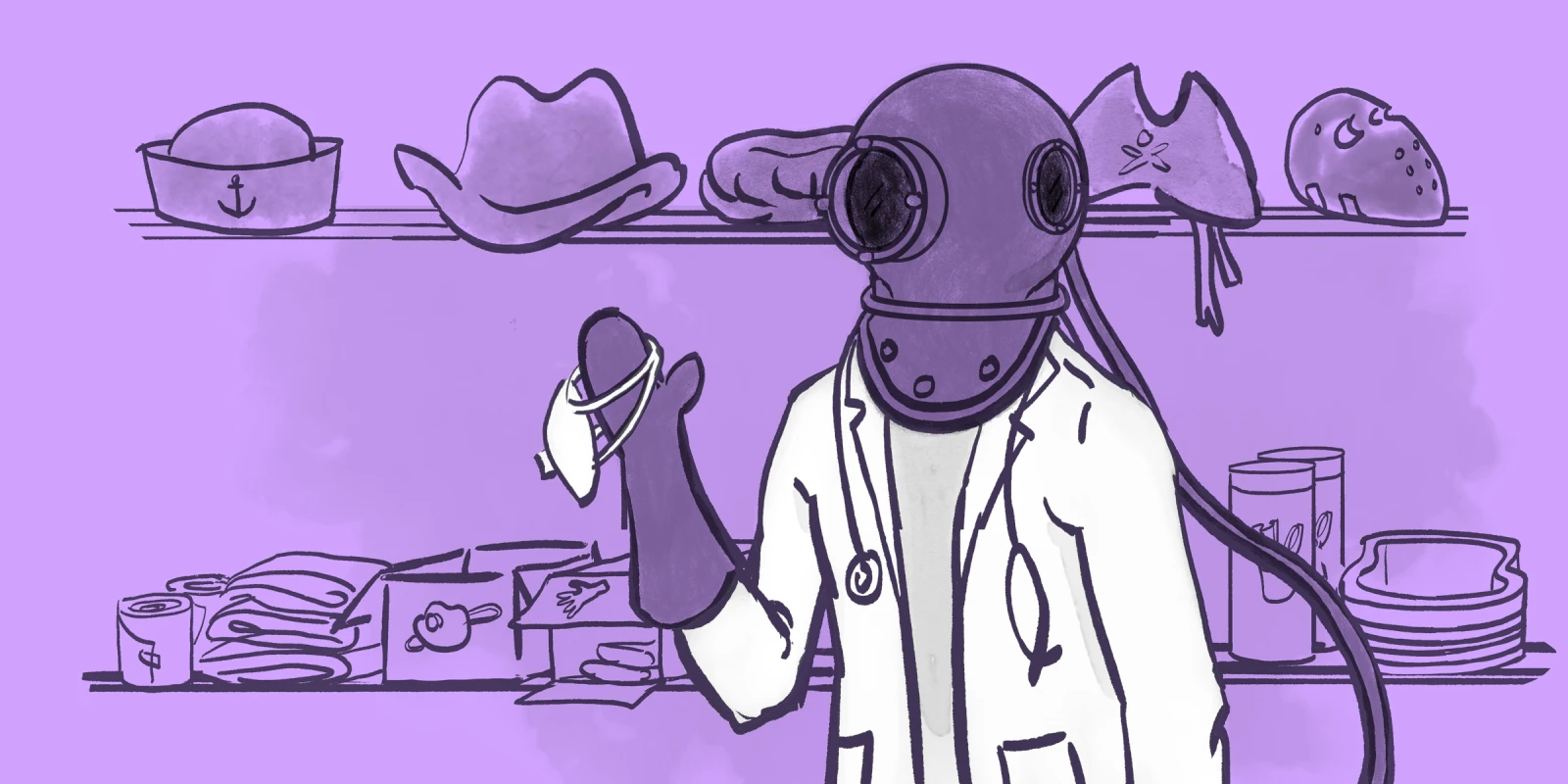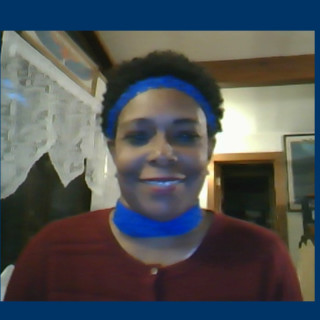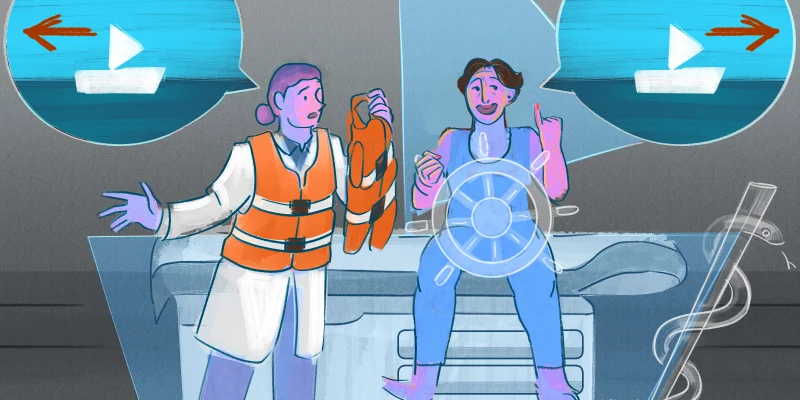As a child I remember role-playing with my siblings. We liked to play “school,” and we would take turns pretending to be student and teacher. If you were playing the student, your duty was to sit down in a chair at a table and pretend to listen to the teacher. If you were playing the teacher, your duty was to stand up in front of the “class” and pretend to lecture. It was very clear-cut — students sat and listened, teachers stood up and taught.
Society seems to similarly assign specific roles and duties to individuals and situations. We gravitate toward uniformity in roles and duties, hoping our communities will run smoothly and the needs of the many will be met. Take, for example, our roles as parents. Society dictates that it is the parents’ responsibility and duty to provide food, shelter, and clothing for children. But just imagine if that was all we provided for our children. The quality of our parenting would be deficient, and the desired goal of raising a healthy and emotionally stable child to adulthood would reflect that deficiency. Instead, our roles as parents also include nurturing, protecting, companionship, teaching, and counseling, just to name a few. And let’s not forget that we also become quasi chefs and medics.
I have been a parent now for 42 years — and I have been a clinician for 51, working the last 28 of those years as a PA in internal medicine with a subspecialty in infectious disease. During my first five years in practice, I was focused on honing my medical knowledge and skills. See the patient, obtain a history, examine, diagnose, and formulate a treatment plan. There wasn’t much time for reflection. Today, after having worked in the same practice for 23 years, I’ve definitely had more time for reflection.
I don’t view myself as a parent nor view my patients as children. However, as in parenting, it does seem like my duties as a clinician have expanded beyond the initial job description. It’s no longer just history-taking, examining, diagnosing, and treating. Before I even enter the room to see my patients, our very efficient medical assistants have already flagged the chart with notes indicating any missed appointments, non-compliance with medications, or failures to follow through with referrals for additional diagnostic tests and/or specialist visits. As I enter the room, I take note of my patient’s affect and mood. I must act as a psychologist and get a pulse on the emotional state of my patient. There is nothing to gain in pushing forward with medical treatment if there are emotional issues unaddressed. After I take a history of what has transpired emotionally and physically since our last visit, I must become a medical counselor. If the patient has been non-compliant and, if the patient is willing to share, we discuss together the issues preventing compliance. I relay the possible negative consequences of non-compliance, but also encourage with the benefits of compliance. Then, it is time to become an instructor. I teach the patient, in the hopes that with a good understanding of their illness, they will follow my advice. If the patient’s ailments are straightforward, I can usually fill all three of these roles — psychologist, medical counselor, instructor — in the first 15 minutes of the office visit. Only then, after emotional assessment, counseling, and instruction, can I actually perform the physical examination and diagnosis, and offer a treatment plan. In short, I need at least another 15 minutes to fill my actual role as clinician.
I have learned a valuable lesson from all of my years in practice, and my juggling of multiple roles. It is the needs of our patients that ultimately dictate our duties. Are we up to the task? What happens when a clinician is only allocated 15–20 minutes per patient visit and the ailments aren’t straightforward? This is often the case in our medical communities. How can we meet the physical and emotional needs of our patients in such a short timeframe? We hear of patients complaining about the quality of care, but usually those complaints are centered on the lack of time they spent with the clinician. These time constraints can leave patients feeling slighted, and clinicians feeling less fulfilled in their jobs. From history, it appears that appealing to administrators regarding the need for more time with patients does not sway policy. Is it perhaps time for the development of patient coalition groups to advocate for their needs? And, if so, will we as clinicians join them?
Do you fill more roles in your clinical practice than just "health care professional"? Tell us in the comments!
Pamela Bassett is a certified PA working in Los Angeles, CA. She graduated from the USC School of Medicine PA Program (now The Keck School of Medicine Physician Assistant Program) in 1993. Prior to becoming a PA, she worked in nursing for 18 years. Over the past 27 years as a PA, she has worked in internal medicine with a subspecialty in infectious disease. Currently, she works in private practice and is also an adjunct faculty professor at East Los Angeles Community College, instructing in health occupational courses. She is a 2020–2021 Doximity Op-Med Fellow.
Illustration by Jennifer Bogartz







